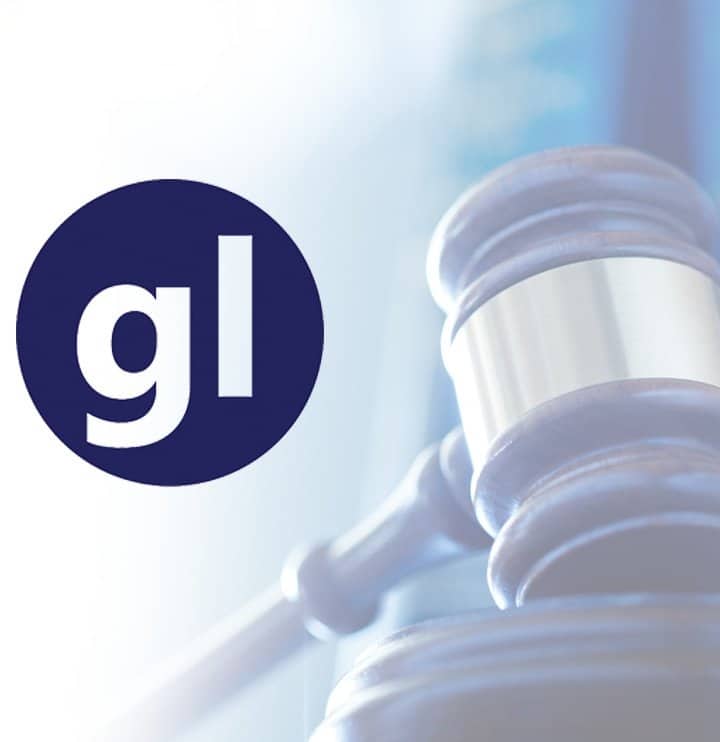You Hire More than an Attorney at Our Firm. You Get the Whole Team.
Creative & Cost-Effective Legal Solutions for a Range of Estate and Probate Matters

Glossary of Key Terms for Probate and Estate Planning in Ohio
When it comes to seeking helpful hints about probate and estate planning, one of the first things to master is the terminology associated with this very specific field of law.
Of course, the information presented here is by no means a complete list, nor should you rely on it or use it as a substitute for personalized legal counsel! If in doubt, you should always refer directly to the Ohio Revised Code to see exactly how the laws spell out the meaning of each item.
But if you are looking for a general, more accessible introduction to some of the most frequently used terms, we offer this list in the hopes that it makes the process of approaching estate planning a little bit more manageable!
Administration: The process by which the court supervises the distribution of an estate during probate.
Administrator: The individual whom the court appoints to represent a probate estate. This usually occurs when there is no Will or the Will did not name an executor.
Administratrix: The technical term for a female administrator (see above).
Assets: The property that an individual or estate owns. Assets can include tangible assets, intangible assets, real estate, and more.
Beneficiaries: The persons and/or organizations who are named in a Will or Trust and who receive or benefit from the assets of an Estate or Trust after the grantor dies.
Codicil: A written revision, change, or other amendment to a Will.
Decedent: The individual who has died, also known as the deceased.
Disinherit: An act to prevent a specific individual from receiving an inheritance from you.
Distribution: Payment of either cash and/or other assets to someone entitled to receive these assets.
Estate: Includes all of the assets and debts a decedent leaves behind.
Executor: Someone who is named in a Will to oversee the instructions of the Will. Note that an executor does not have to be a single individual person; an institution or organization can also be an executor.
Executrix: The name for a female executor.
Fiduciary: Someone who has the legal duty to act primarily for another’s benefit. This term implies a high level of confidence, trust, and good faith and is typically associated with a trustee.
Heir: Someone who is entitled to receive part of an estate or acquire property upon another person’s death, by law. In Ohio, this is based on the rules of descent and distribution (being the child or children, descendants, or other closest relatives of the deceased). Heirs cannot be determined until the moment of a decedent’s death.
Inheritance: The term for assets that are received after a person has died.
Intestate: With a Will.
Issue: Individuals who are part of the direct bloodline of a person. These include a person’s children or other “lineal descendants” (direct line descendants) such as grandchildren, great-grandchildren, and great-great-grandchildren.
Joint Ownership: A type of ownership that involves two or more persons who together own the same asset(s). Joint ownership can be further broken down into other subtypes: tenants by the entirety, tenants in common, and joint tenants with right of survivorship.
Joint Tenants/Tenancy with Right of Survivorship: A type of joint ownership (see above) in which when one owner dies, the deceased owner’s share of the property/assets transfers immediately and automatically to the surviving joint tenant or tenants.
Minor: An individual who is under the state’s legal age for adulthood. This varies by state, but in Ohio, you are considered a minor if you are under the age of 18.
Probate: The term for the legal process of verifying and validating a Will, paying the debts and expenses of an estate, and overseeing the distribution of assets after a decedent’s death.
Probate Estate: The specific assets that undergo the probate process after a decedent dies. Typically, the probate estate includes assets that the decedent owned in his/her name or that were paid to his/her estate. Not all assets undergo probate and thus not all assets are part of the probate estate.
Special Needs Trust: A trust that allows an individual to provide for a loved one who is disabled that avoids interference with the payment of government benefits.
Testate: Without a Will.
Trust: A legal entity that is designed to hold specific assets either for the benefit of certain other persons or certain other entities.
Trustee: The person or institution who manages and distributes assets based on the Trust document.
Will: Short for a Last Will and Testament, a Will is a written document that provides directions for how to distribute and dispose of assets after a decedent dies. The probate court enforces Wills.
